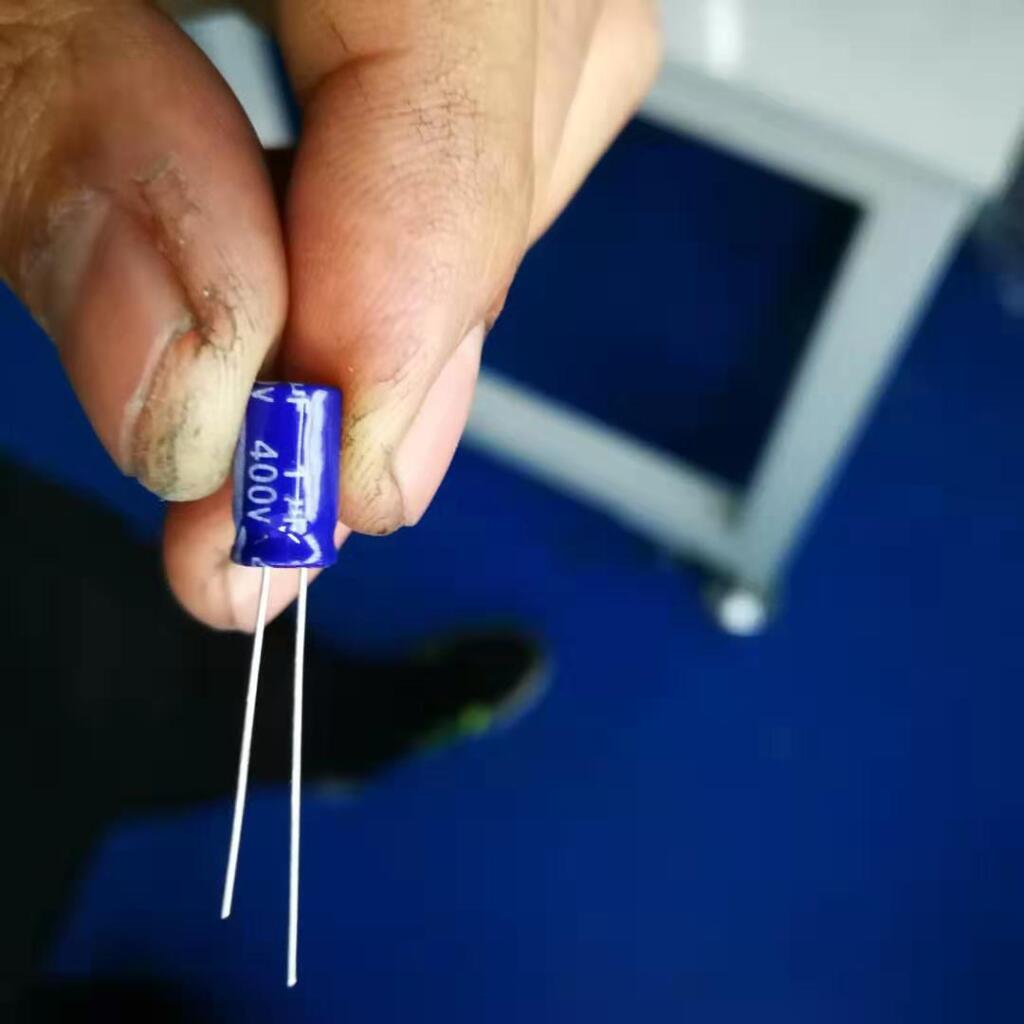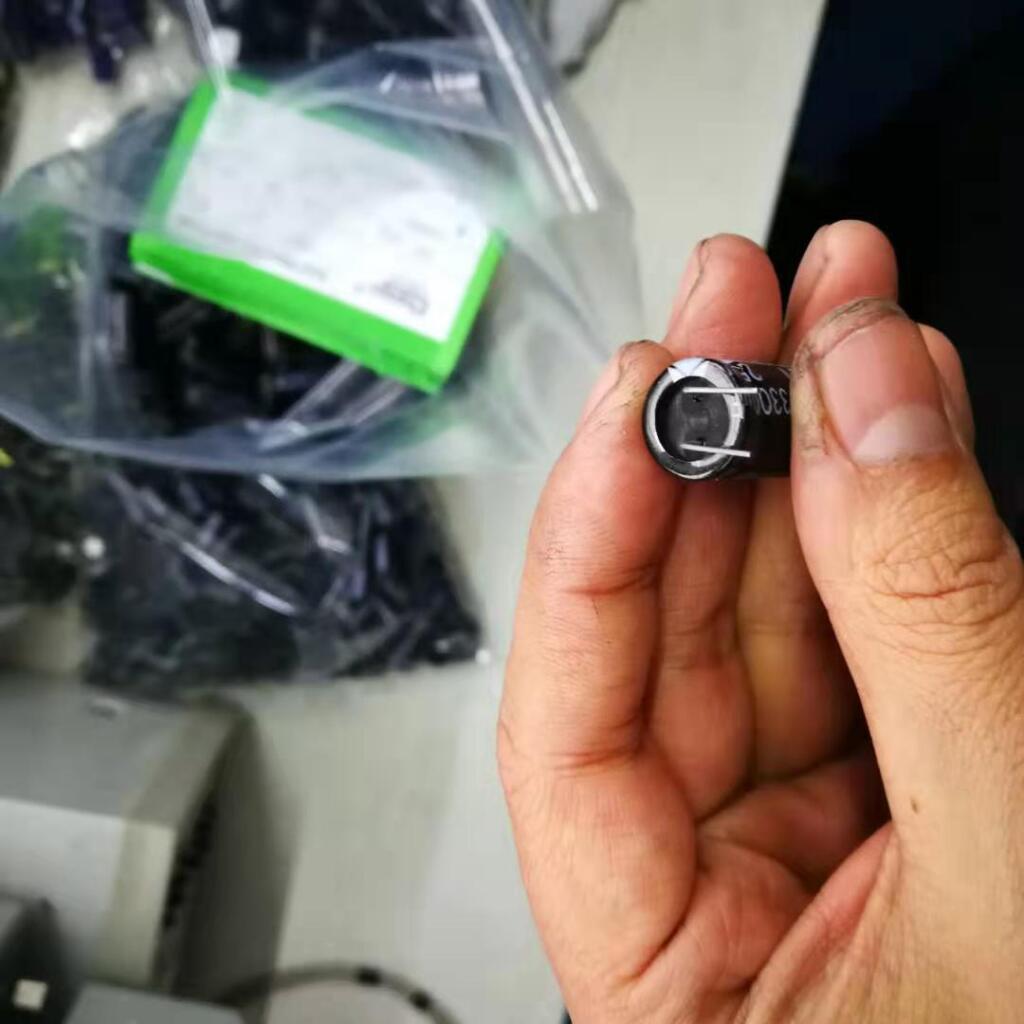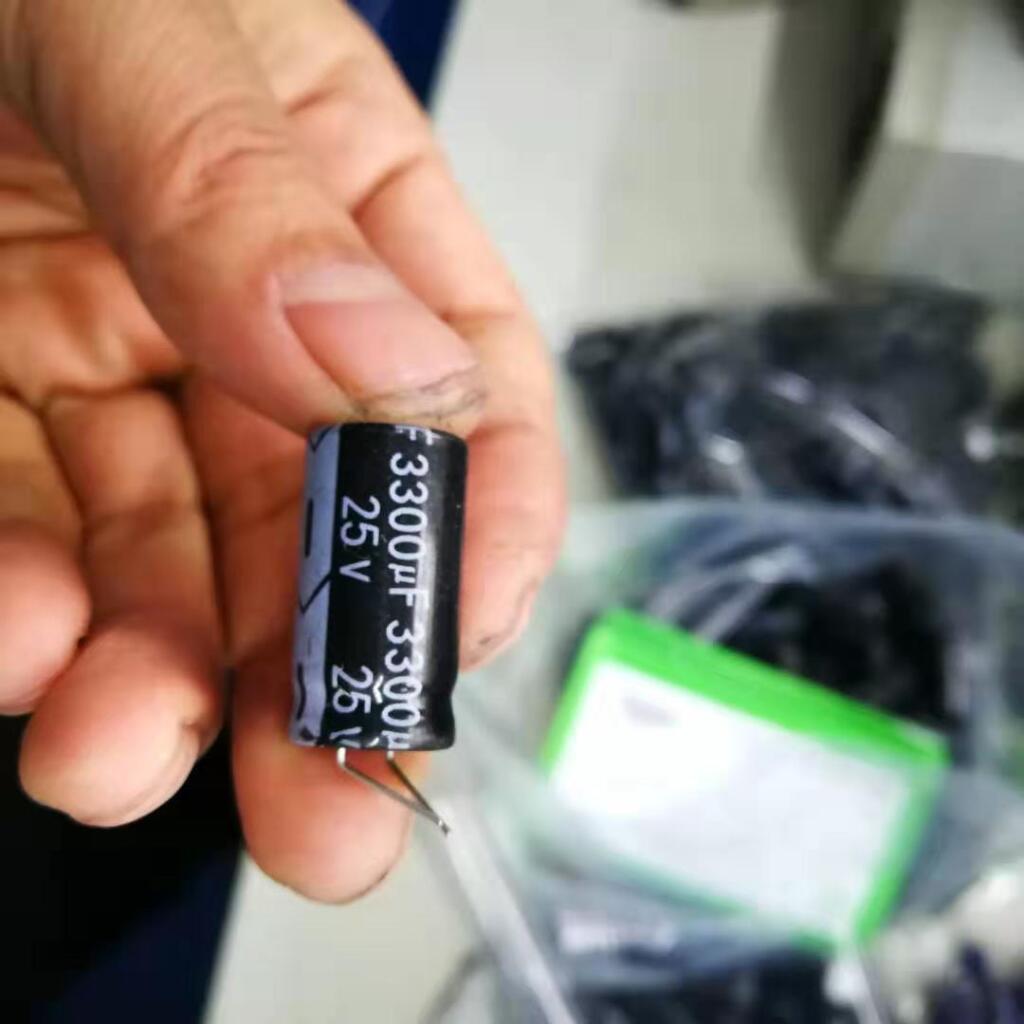Capacitors are essential electronics components that play a crucial role in various applications. In this article, we will explore the development and research of capacitor products, along with their specific applications and market situations.



Development and Research
1.Advancements in Materials: The search for novel materials with improved capacitance and performance characteristics is a continuous area of research. For instance, graphene and carbon nanotubes have shown great potential as electrode materials for capacitors, offering high surface area and excellent electrical conductivity.
2.Nanostructured Electrodes: The development of nanostructured electrodes has led to significant enhancements in capacitor performance. By fabricating electrodes with nanoscale features, such as nanopores or nanowires, the capacitance can be increased, and charging/discharging rates can be improved.
3.Flexible and Printed Capacitors: With the increasing demands for flexible electronics, there is growing interest in developing flexible and printable capacitors. These capacitors can be fabricated using printing techniques, such as inkjet or screen printing, enabling integration on flexible substrates.
4.Supercapacitors: Supercapacitors, also known as electrochemical capacitors, have witnessed remarkable progress in recent years. They possess higher energy density compared to traditional capacitors and find applications in energy storage systems, electric vehicles, and portable electronics.
Applications for Capacitors
1.Electronic Devices: Capacitors are widely used in electronic circuits for filtering, decoupling, and energy storage. They help to smooth out powder fluctuations, improve power quality, and extend the battery life of portable devices.
2.Energy Storage: Supercapacitors are being explored as an alternative or complementary energy storage solution for applications such as renewable energy integration, hybrid vehicles, and grid-scale energy storage.
3.Wireless Power Transfer: Capacitors can be employed in wireless power transfer systems to store and release energy efficently, enabling contactless charging of electronic devices.
4.Medical Implants: Miniature capacitors are used in medical implants, such as pacemakers and cochlear implants, to provide power and energy storage.
Research Areas and Examples
- Material Science: Investigating new electrode materials,electrolytes, and separators to improve the performance and stability of capacitors. Researchers are exploring materials such as metal-organic frameworks, conducting polymers, and solid-state electrolytes.
- Electrochemical Studies: Understanding the electrochemical processes within capacitors is crucial for optimizing their performance. This includes studying electrode kinetics, electrolyte stability, and surface modifications to enhance capacitance and cycling stability.
- Modeling and Simulation: Computational modeling and simulation techniques are used to predict the behavior and performance of capacitors. This helps in designing optimized capacitor structures and evaluating different material combinations.
- Integration and Packaging: Research is focused on integrating capacitors into electronic systems in a compact and efficient manner. This includes developing novel packaging techniques to reduce the size and improve the reliability of capacitor modules.
The field of capacitor development and research is constantly evolving, with new materials, technologies and applications emerging. Ongoing research efforts aim to enhance the performance, energy density, and flexibility of capacitors to meet the growing demands of modern electronics and energy systems. With continued advancements, capacitors will play an increasingly important role in enabling the development of more efficient, sustainable, and compact electronic devices.
